#Smart GenAI For Bot
Check out Demo
Generative AI Powered Smart Bot Solution for Airlines Industry
Omni-Channel Bots – Deploy on Chat, Voice, Email, Instagram, Facebook, WhatsApp and Even SMSCheck out Demo
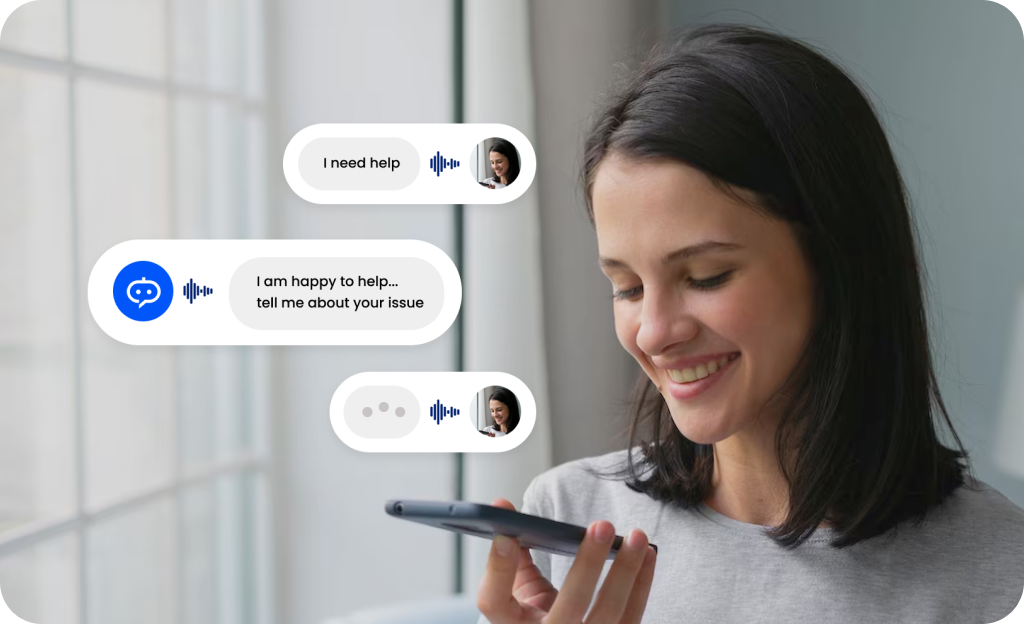
Trusted by hundreds of leading companies
























×
Check out the Enterprise Grade Bots Powered by Gen AI. No Setup Fees.
ChatGPT Powered WhatsApp Bot for Airline
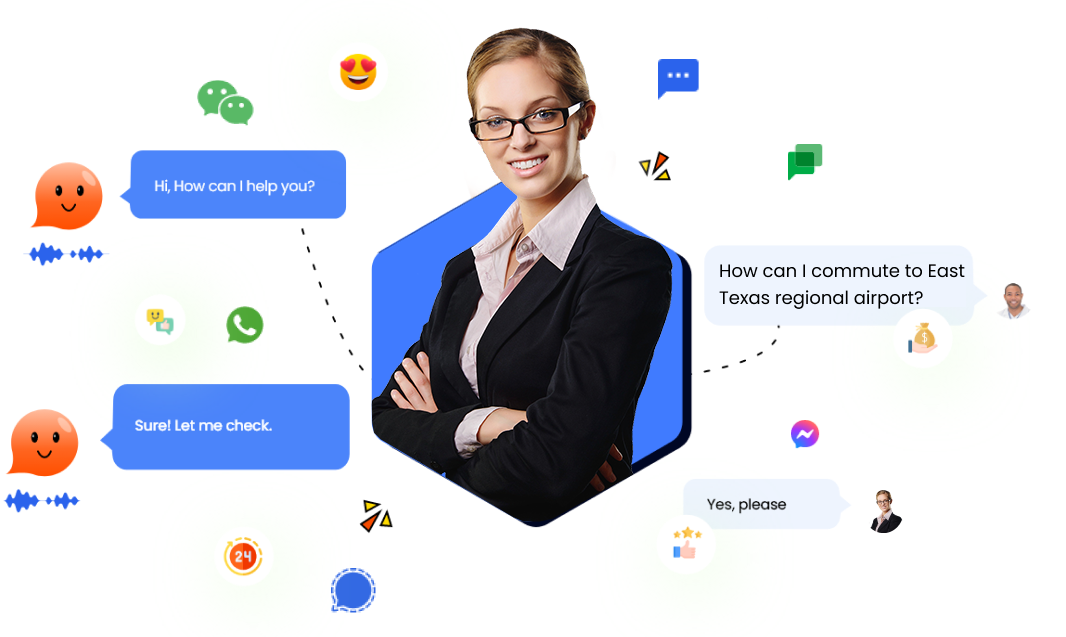
The Airline industry is rapidly embracing cutting-edge technologies such as social media and chatbots to improve its customer service offerings. In recent times, social media channels such as Facebook, Instagram, and Twitter have gained popularity, and airlines are taking advantage of these platforms to enhance customer engagement. Furthermore, airlines are exploring the potential of chatbots to provide personalized assistance to customers, with Artificial Intelligence (AI) and Natural Language Processing (NLP) powering these conversational agents.
According to recent studies, 65% of airline passengers use social media for customer service queries, and more than 80% of airlines are planning to invest in chatbots to improve customer engagement. chatbots can automate routine customer service queries, freeing up agents to focus on complex issues. This leads to faster resolution times and a higher level of customer satisfaction.
This article will discuss why the Airline Industry is interested in creating chatbots for social media platforms like WhatsApp and how they can leverage these technologies to enhance their services. Additionally, we will explore the various functions that chatbots can perform in the Airline sector, including improving marketing and customer services. The latest Generative language model like ChatGPT can make chatbots in the Airline Industry more intelligent and efficient in providing support to customers.
According to recent studies, 65% of airline passengers use social media for customer service queries, and more than 80% of airlines are planning to invest in chatbots to improve customer engagement. chatbots can automate routine customer service queries, freeing up agents to focus on complex issues. This leads to faster resolution times and a higher level of customer satisfaction.
This article will discuss why the Airline Industry is interested in creating chatbots for social media platforms like WhatsApp and how they can leverage these technologies to enhance their services. Additionally, we will explore the various functions that chatbots can perform in the Airline sector, including improving marketing and customer services. The latest Generative language model like ChatGPT can make chatbots in the Airline Industry more intelligent and efficient in providing support to customers.
WhatsApp for Passengers:
WhatsApp’s potential as a game changer for Airline companies is supported by several statistics and references. According to a report by Statista, WhatsApp is the most popular messaging app worldwide, with over 2.2 billion active users as of 2022. This massive user base presents a significant opportunity for Airline companies to reach out to their customers through the platform.
WhatsApp has the potential to be a valuable tool for the airline industry in terms of customer engagement and satisfaction. A study by Facebook found that 67% of people expect to use messaging apps to communicate with businesses, indicating a growing preference for messaging as a mode of communication. Additionally, a survey by Digital Airline Group revealed that 44% of airline customers would like to receive flight status notifications through messaging apps like WhatsApp, highlighting the importance of real-time communication for customers.
WhatsApp has the potential to be a valuable tool for the airline industry in terms of customer engagement and satisfaction. A study by Facebook found that 67% of people expect to use messaging apps to communicate with businesses, indicating a growing preference for messaging as a mode of communication. Additionally, a survey by Digital Airline Group revealed that 44% of airline customers would like to receive flight status notifications through messaging apps like WhatsApp, highlighting the importance of real-time communication for customers.

Using WhatsApp can also lead to faster response times for customer queries, improving overall customer satisfaction. According to a report by SimpliFlying, airlines can use WhatsApp to respond to customer inquiries within 10 minutes, leading to a 15% increase in customer satisfaction. Overall, the use of WhatsApp by airlines can result in improved customer engagement, faster response times, and increased customer satisfaction.
What is WhatsApp AI Bot or Virtual Assistant for Airline?
The Streebo Smart WhatsApp Bot for Airline incorporates advanced artificial intelligence (AI) technologies from leading providers, including IBM Watson Assistant, Microsoft CLU, Copilot, Power Virtual Agents, Google Dialogflow, Amazon Lex, and Wit.AI. These NLP engines enable the bots to accurately understand and respond to customer queries in real-time.
In the latest update, they have integrated GPT language models and APIs from Open.AI to develop ChatGPT-like solutions customized for Airlines Businesses. These bots are programmed to emulate human-like conversational abilities and can effectively switch between different conversation topics, even with complex tasks. This ensures seamless communication with customers and improves their overall experience with the Airline service providers.
This bot provides voice & chat support on WhatsApp in multiple languages along with Live Agent Support. It is secured and trained until it provides 99% accuracy and is pre-integrated with a wide range of enterprise backend systems such as CRM software, SAP, and ServiceNow, plus legacy systems such as IBM AS/400 among other Airline Management & Flight Booking Softwares. The Smart Bot for WhatsApp Airline also provides the Advanced Analytics of user interactions that can be used to take business decisions.
This bot provides voice & chat support on WhatsApp in multiple languages along with Live Agent Support. It is secured and trained until it provides 99% accuracy and is pre-integrated with a wide range of enterprise backend systems such as CRM software, SAP, and ServiceNow, plus legacy systems such as IBM AS/400 among other Airline Management & Flight Booking Softwares. The Smart Bot for WhatsApp Airline also provides the Advanced Analytics of user interactions that can be used to take business decisions.
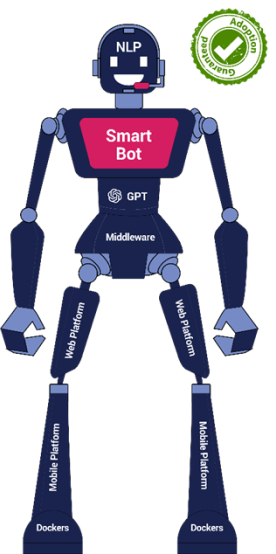
Functional areas of Airline where WhatsApp
chatbot has brought transformation
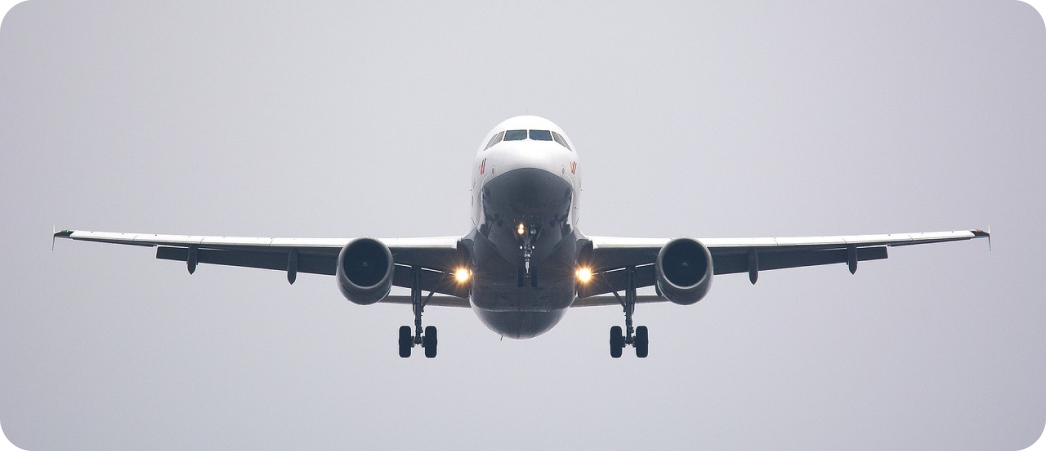
Using a ChatGPT Powered WhatsApp chatbot is more advantageous than using a lead generation form, phone calls for customer support, or emails for customer engagement. This is because the chatbot is capable of producing human-like responses, making it more effective in engaging with customers. Additionally, WhatsApp messages are known to have a higher conversion rate compared to other channels, with a reported 3x increase. Research has also shown that 51% of customers prefer online Airline channels, and around 26% of them prefer using an asynchronous messaging channel like WhatsApp for their Airline operations rather than interacting with a human agent. Let’s go through the best use cases for a Airline WhatsApp chatbot.
Marketing/Prospect Bot on WhatsApp
Equipping an Airline with a round-the-clock Intelligent WhatsApp Bot can enable marketers to enhance their agents’ ability to convert customers by an average of 23%, leading to reduced call center expenses. WhatsApp chatbots offer a wide range of use cases for marketing and prospecting in the airline industry. Here are some examples of how airlines can utilize WhatsApp chatbots for marketing and prospecting:


Promotional offers
Airlines can use WhatsApp chatbots to send promotional offers to customers. Customers can subscribe to promotional updates by sending a message to the chatbot. The chatbot can then send personalized promotional offers based on the customer’s preferences, booking history, and location.
Flight recommendations
Airlines can use ChatGPT powered WhatsApp chatbots to provide flight recommendations to customers based on their preferences and booking history. The chatbot can ask the customer a series of questions to understand their preferences and recommend flights that meet their needs.

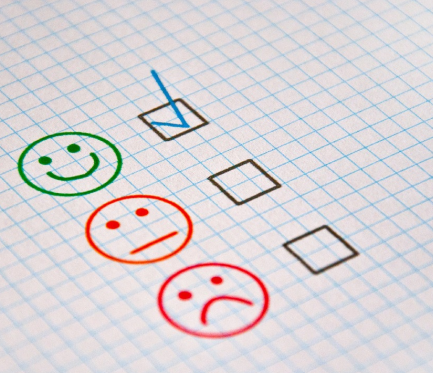
Customer feedback
Airlines can use WhatsApp Virtual Assistant to gather customer feedback after a flight. The chatbot can ask customers a series of questions about their experience and provide them with an opportunity to leave feedback.
Loyalty program
Airlines can use WhatsApp chatbots to promote their loyalty programs. Customers can sign up for the loyalty program through the chatbot and receive updates about their points, rewards, and exclusive offers.


Travel assistance
Airlines can use AI WhatsApp Bots to provide travel assistance to customers. Customers can send a message to the chatbot and receive assistance with booking, flight changes, and other travel-related queries.
Customer Assistance
Airlines can use WhatsApp chatbots to provide customer assistance to customers. The chatbot can handle a wide range of customer inquiries, such as flight schedules, baggage allowances, and booking inquiries.


Upselling and cross-selling
Airlines can use WhatsApp chatbots to upsell and cross-sell their products and services. The chatbot can recommend add-ons, such as lounge access or extra baggage, to customers who have already booked a flight.
In conclusion, WhatsApp chatbots or virtual assistants offer a wide range of use cases for marketing and prospecting in the airline industry. By leveraging WhatsApp chatbots, airlines can provide a personalized and seamless customer experience, increase customer engagement, and generate more revenue.
In conclusion, WhatsApp chatbots or virtual assistants offer a wide range of use cases for marketing and prospecting in the airline industry. By leveraging WhatsApp chatbots, airlines can provide a personalized and seamless customer experience, increase customer engagement, and generate more revenue.
Customer Service Bot on WhatsApp
With 24X7 availability and the ability to respond instantly, AI Powered WhatsApp Bots for airlines made more than 72% of customers interact with their Airline provider through chatbots for instant support. WhatsApp chatbots offer numerous use cases for customer service in the airline industry. Here are some examples of how airlines can use WhatsApp chatbots for customer service:

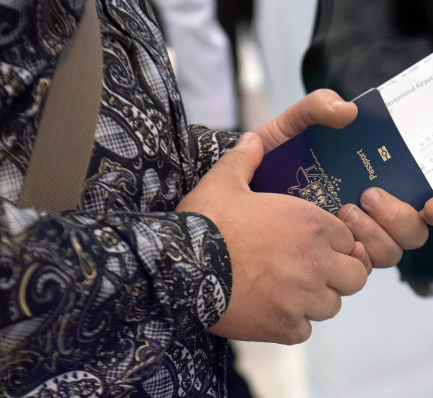
Booking assistance
WhatsApp Bots can assist customers with booking a flight by providing them with information about flight schedules, fares, and availability. The chatbot can also guide customers through the booking process and answer any questions they may have.
Baggage assistance
WhatsApp chatbots can provide customers with information about baggage allowances, restrictions, and tracking. The chatbot can also assist customers with reporting lost or damaged baggage and tracking its status.
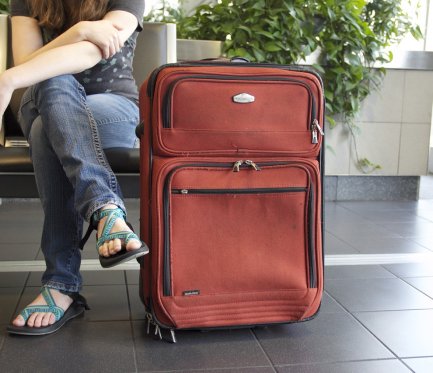
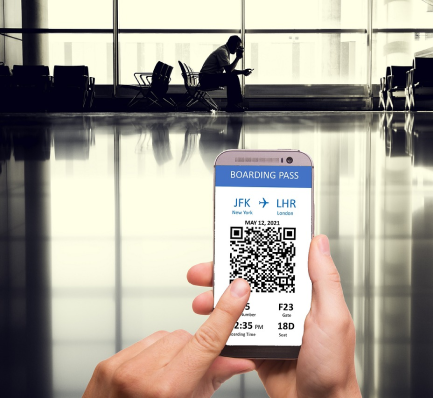
Check-in assistance
WhatsApp Virtual Assistants can assist customers with the check-in process by providing them with information about check-in times, procedures, and options. The chatbot can also guide customers through the check-in process and help them complete the necessary steps.
Seat selection
The Smart WhatsApp chatbots can assist customers with seat selection by providing them with information about available seats and helping them select the seat that best meets their needs.
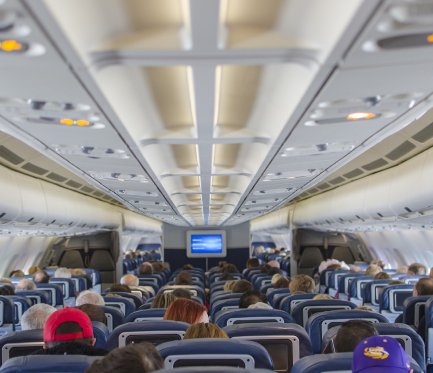

Loyalty program
AI WhatsApp Bot can assist customers with their loyalty program membership by providing them with information about their points, rewards, and exclusive offers. The chatbot can also help customers redeem their rewards and track their progress.
Multilingual support
WhatsApp chatbots can provide multilingual support to customers, allowing them to communicate with the airline in their preferred language. This feature can help airlines cater to customers from different regions and cultures.
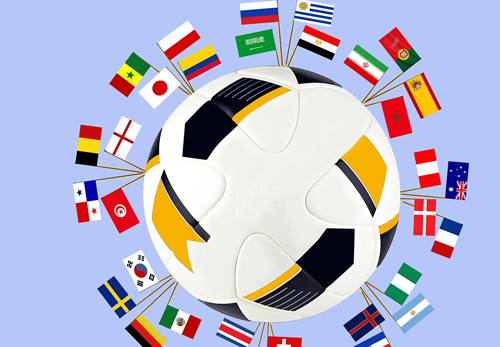

Complaint resolution
WhatsApp Conversational AI can assist customers with resolving complaints by providing them with information about the complaint process and helping them escalate their complaints to the appropriate person or department.
WhatsApp chatbots offer numerous use cases for customer service in the airline industry. By leveraging WhatsApp chatbots, airlines can provide their customers with a personalized and seamless experience, reduce the workload of customer service representatives, and increase customer satisfaction.
WhatsApp chatbots offer numerous use cases for customer service in the airline industry. By leveraging WhatsApp chatbots, airlines can provide their customers with a personalized and seamless experience, reduce the workload of customer service representatives, and increase customer satisfaction.
Flight updates
WhatsApp chatbots can send real-time flight updates to customers, such as delays, cancellations, and gate changes. This feature can help airlines keep their customers informed and reduce the inconvenience caused by unexpected changes.
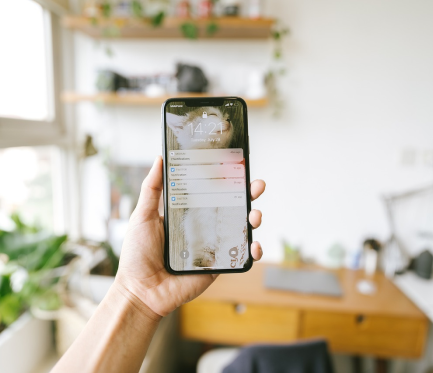
The Bottomline
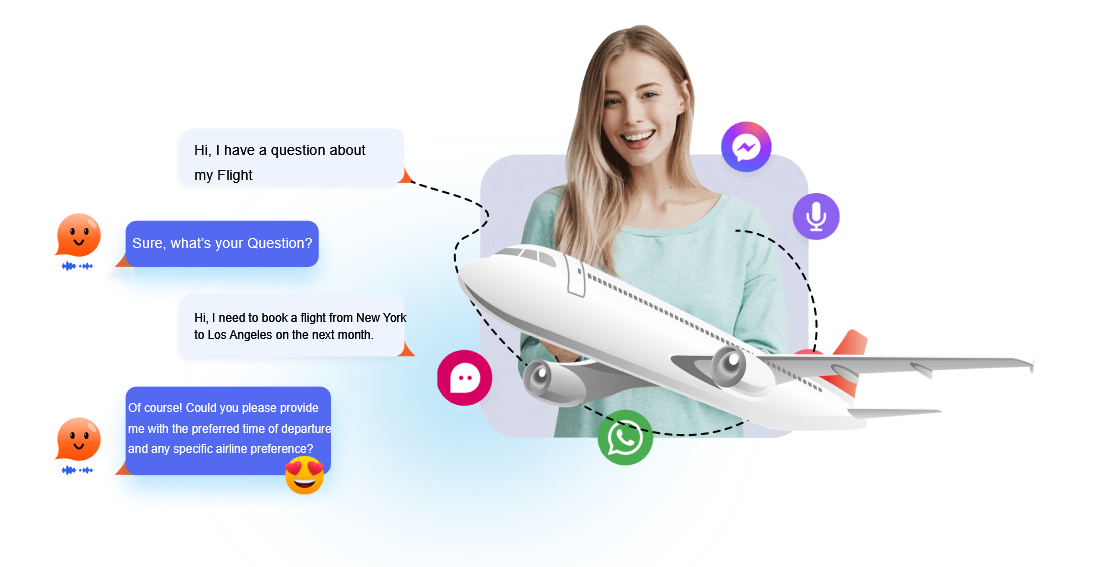
Firstly, by having a WhatsApp chatbot, airlines can reach a wider audience and engage with their customers on a platform that they are already using. Secondly, WhatsApp chatbots can provide airlines with a cost-effective and scalable way to handle customer inquiries and provide customer service. chatbots can handle a large volume of customer inquiries simultaneously, reducing the workload of customer service representatives and increasing efficiency.
Finally, WhatsApp chatbots can help airlines provide a personalized and seamless customer experience. By leveraging AI and machine learning technologies, chatbots can provide customers with personalized recommendations, real-time flight updates, and travel assistance. This can help airlines differentiate themselves from their competitors and increase customer loyalty.
In addition, a study by Juniper Research found that the use of chatbots in customer service is expected to save businesses over $8 billion annually by 2022. This highlights the cost-effectiveness of chatbots as a customer service solution, and how they can help airlines handle a large volume of customer inquiries simultaneously while reducing the workload of customer service representatives.
Furthermore, a survey by Accenture found that 80% of consumers are more likely to do business with a company that offers personalized experiences. Overall, these statistics highlight the importance and benefits of having a WhatsApp chatbot for airlines, including increased customer engagement, cost savings, and a personalized customer experience.
Finally, WhatsApp chatbots can help airlines provide a personalized and seamless customer experience. By leveraging AI and machine learning technologies, chatbots can provide customers with personalized recommendations, real-time flight updates, and travel assistance. This can help airlines differentiate themselves from their competitors and increase customer loyalty.
In addition, a study by Juniper Research found that the use of chatbots in customer service is expected to save businesses over $8 billion annually by 2022. This highlights the cost-effectiveness of chatbots as a customer service solution, and how they can help airlines handle a large volume of customer inquiries simultaneously while reducing the workload of customer service representatives.
Furthermore, a survey by Accenture found that 80% of consumers are more likely to do business with a company that offers personalized experiences. Overall, these statistics highlight the importance and benefits of having a WhatsApp chatbot for airlines, including increased customer engagement, cost savings, and a personalized customer experience.
Pricing Model
MVP bot includes:
- 3 transaction used cases.
- 1 back-end integrations
- 50 FAQ’s
- Channels – Web, Mobile App, 1 Social media channel such as WhatsApp/Facebook messenger

Capex Option
You can choose to buy the Bot solution.

Opex Option
You can choose to Subscribe to our Bot solution for a fixed monthly charge with no upfront setup fee.

Pay Per Usage
This is a conversation-based subscription and is tied to the number of conversations & messages the bot handles. Thus you only pay if the Bot is getting used and is actually deflecting calls.




